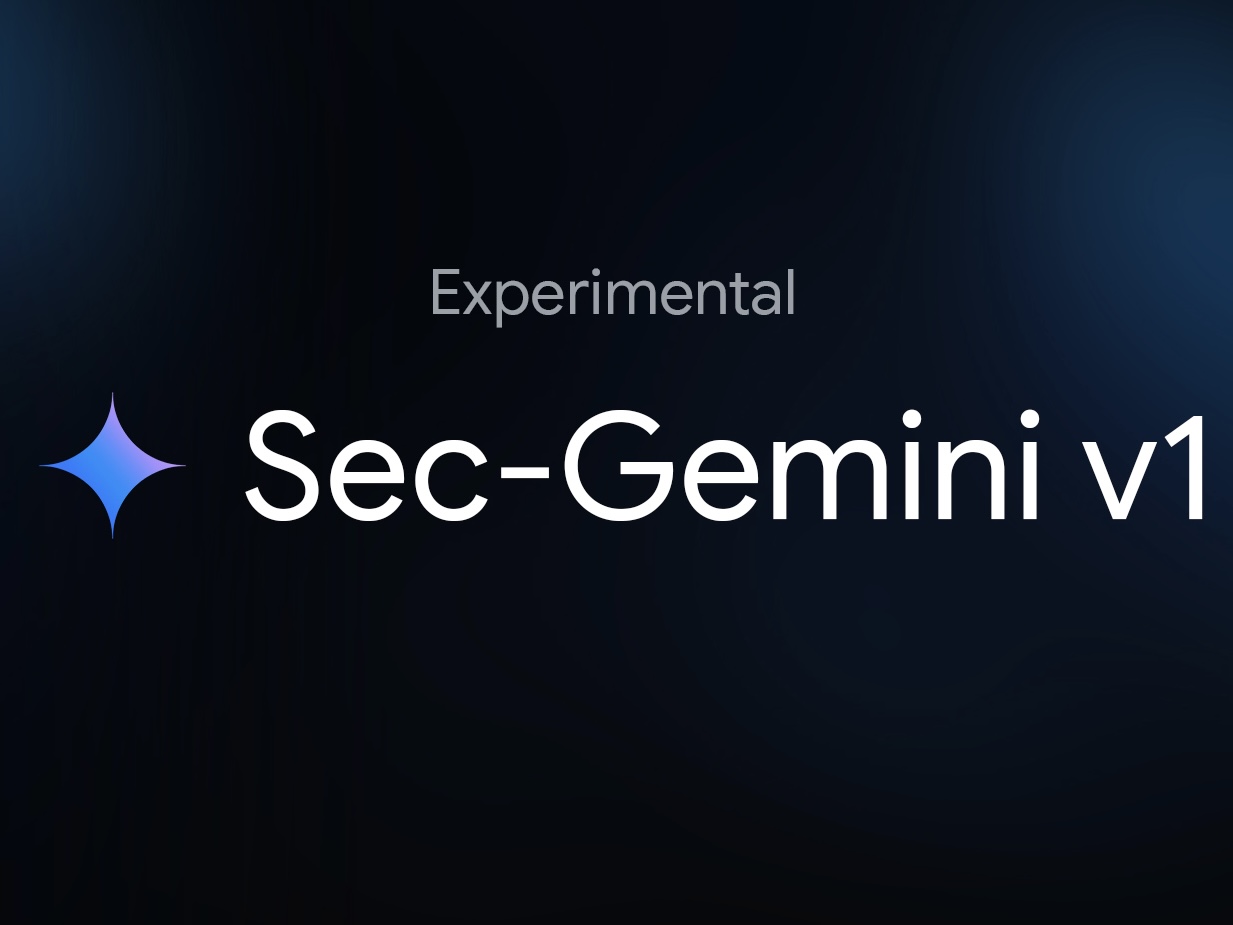
Google launches Sec-Gemini v1 AI model to improve cybersecurity defense
Google is once again leaning into its Gemini brand, this time with a focus on cybersecurity. You see, the search giant has announced Sec-Gemini v1, an experimental new AI model. It is designed to help security professionals fight back against cyber threats using real-time data and advanced reasoning. Because AI makes everything better, right?
Look, folks, attackers only need to get lucky once, while defenders have to be right every time. That unfortunate imbalance has made cybersecurity a nightmare for many organizations. Google is hoping AI might change that, giving defenders a slight edge.

Linux users beware: New Bifrost malware variant poses imminent threat
Security researchers at Palo Alto Networks have uncovered a new variant of the notorious Bifrost malware, now targeting Linux systems with a cunning twist. This latest iteration employs a deceptive domain, download.vmfare[.]com, to masquerade as a legitimate VMware site, thereby bypassing security measures and compromising unsuspecting users.
Bifrost, a remote access Trojan (RAT) first identified in 2004, has been a persistent threat, enabling attackers to pilfer sensitive information such as hostnames and IP addresses. The recent surge in Linux variants of Bifrost has sent ripples of concern through the cybersecurity community, signaling a potential uptick in attacks on Linux-based systems.
